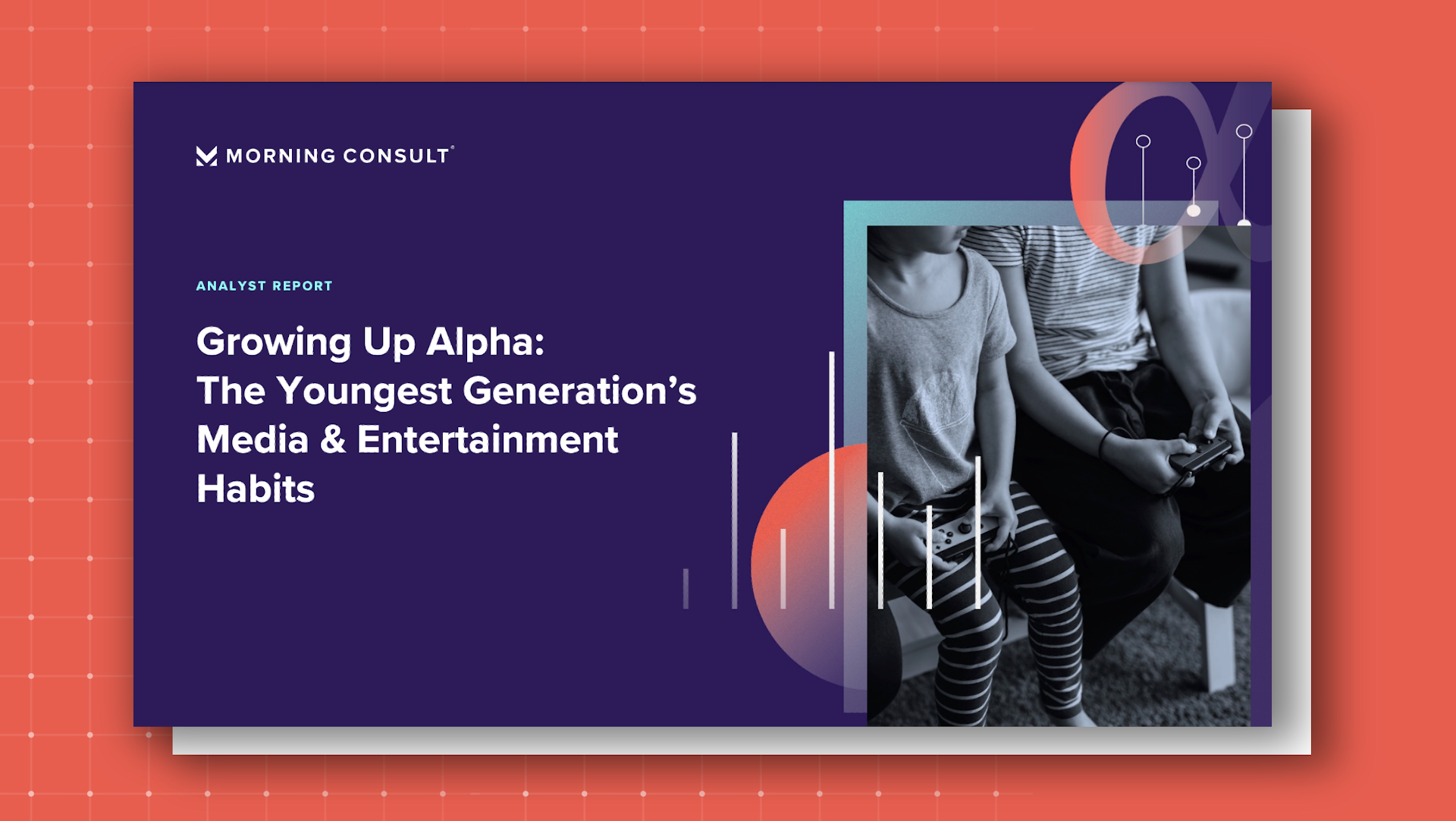Gen Zers Are Growing Up and Parenting on Their Own Terms

Key Takeaways
33% of parents with kids under the age of 2 are members of Gen Z, a key cohort of parents for marketers.
Gen Z parents are less likely than their millennial predecessors to ascribe to societal labels or institutions.
While many marketers are focused on TikTok, nearly as many (83%) Gen Z parents are using Snapchat.
Sign up to get the latest global brand, media and marketing news and analysis delivered to your inbox every morning.
There is a special type of generational warfare that is far more prevalent on social media than it is in real life. And while the TikTok battlefield would have you believe that baby boomers are from Mars and millennials are from Venus, lifestage — parental status, partnerships, career phase and the like — is often as strong of an influence, if not stronger, than generation on a person’s values and behaviors.
Parenthood in particular is a life stage that tightly binds — often parents find they have more in common with others who have children of the same age, even if they themselves are demographically different. That said, there’s a growing divergence among parents of young children. While common discourse assumes nearly all parents with kids under age 2 are millennials, in reality one-third are members of Gen Z — perhaps mind-blowing to those who still think of Gen Zers as kids themselves. Given the importance of new parents as a target to marketers (it’s famously the only life stage that introduces a consumer into a whole new purchasing category), brands must understand how Gen Z parents are unique from their millennial predecessors in order to build connections and foster loyalty.
Gen Z parents are rejecting traditional labels and institutions
When it comes to parents of young children, some differences can be chalked up to age. Gen Z adults with young children skew lower income, are less likely to have assets in the way of investments and are far more likely to rent rather than owning their home, all logical given that they have had fewer years of adulthood to progress in their careers and build financial stability. But other differences speak to more ideological divides between this group and their millennial counterparts.
Specifically, in many areas of personal and social identity, Gen Z parents are less likely to label themselves than their millennial counterparts. This is true when it comes to traditional institutions like religion, politics and marriage. But it’s also the case in matters of individual identity — nearly 1 in 10 describe themselves as either transgender or gender nonconforming, almost twice the share as millennials with young kids.
Gen Z parents reject traditional labels

This ideological divide is important for marketers to understand for two reasons. First, it influences Gen Z parenting philosophies and approaches to raising their children, meaning marketing messaging which speaks to these labels may fall flat.
But it also impacts how they think of themselves. “Parent” is a label that can be defining and all-consuming for a person. But as Gen Z comprises more of the parenting population, they may question this definition in a way that they’ve shirked other labels and classifications. Despite the importance of parents as a marketing demographic, messaging should straddle the line between acknowledging parenthood and reducing parents’ identity to a single label.
Convenience of online shopping isn’t as enticing to Gen Z parents
Gen Z is a cohort of digital natives, to be sure, but that doesn’t translate to online-only shopping. Broadly, adult Gen Zers are more likely to say they like to shop in stores rather than online. And compared to millennials with young kids, Gen Z parents are 8 points more likely to say that they rarely shop using a mobile app (less than once a month) or that they never do so at all. They’re also 5 points less likely to say they buy groceries online, and 12 points less likely to have an account with Amazon Prime. When it comes to purchase consideration, they’re less likely to say they are considering buying from retail giants like Amazon Prime, Target and Walmart.
Gen Z parents are less engaged with online shopping than millennials

This is a key distinction from millennial parents who value the retail giants and the conveniences they provide. Notably, one of the spots in Amazon Prime’s latest campaign features a tired dad expediently ordering the parenting products he never knew he needed in the middle of the night while feeding his new baby. That message may resonate with millennial parents but not be so memorable for Gen Z, who enjoy the brick-and-mortar experience and are less impressed by the convenience of the click-and-deliver retail giants. Still, there is no ignoring the reality that in-store shopping can be challenging with an infant, so experiences that make the outing easier and more seamless for Gen Z parents will be well-received.
Marketers should reprioritize Snapchat to reach Gen Z parents
For marketers who want to cut through the social media clutter to reach Gen Z parents, Snapchat is a key channel. While it’s still slightly less popular than Instagram and Facebook among this cohort, Gen Z adults with young children are 19 points more likely to use Snapchat than their millennial counterparts, and 7 points more likely than Gen Z as a whole.
For many members of Gen Z, life has been documented on social media from their early days, and often by parents who didn’t ask their kids for permission to do so. Now that they have children of their own, Gen Z parents may prioritize more personal social media channels, like Snapchat, when it comes to sharing content about their young children with friends and loved ones. Notably Instagram and Facebook also offer tools for more private or small group communication, but they are also widely used by millennial parents — the gap in usage when it comes to Snapchat raises unique opportunities to target Gen Z parents specifically.
Gen Z parents are as likely to be on Snapchat as TikTok

Many brands don’t know what to do about this at the moment — even as Snapchat has introduced new tools for advertisers, most aren’t fully leveraging them yet. But those that can crack the code will likely see many benefits: this group also over indexes on TikTok usage, and with a ban on the platform inching closer to reality, volume is likely to shift even further towards Snapchat.
Morning Consult Intelligence customers can access the platform here. If you are interested in learning more about our Audience data, reach out to your Morning Consult contact or email [email protected].
Lindsey Roeschke is an analyst whose work focuses on behavior and expectations of consumers in the travel & hospitality and food & beverage categories, particularly through a generational and cultural lens. Prior to joining Morning Consult, she served as a director of consumer and culture analysis at Gartner. In addition to her research and advisory background, Lindsey has more than a decade of experience in the advertising world. She has lived and worked in seven cities across four continents.


